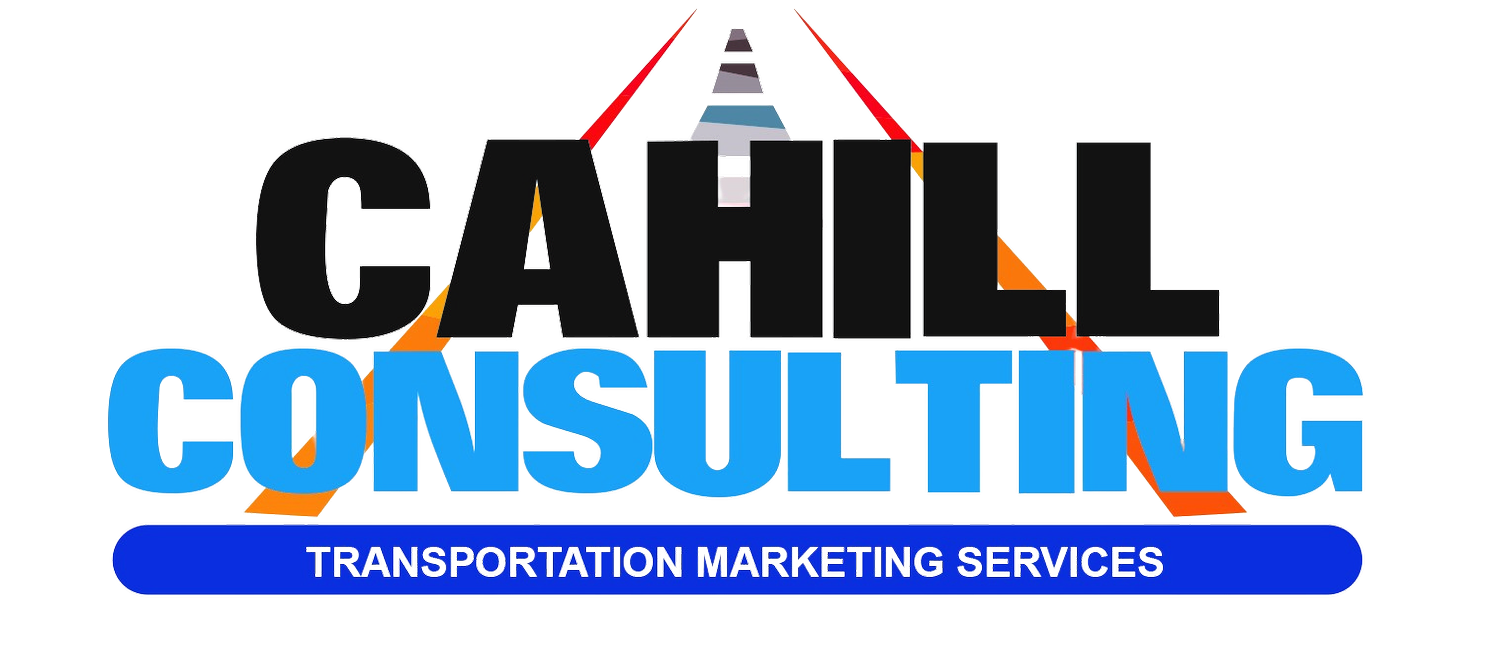Digital Marketing Is No Longer Optional for Freight & Logistics Firms - Here’s Why.
Data-driven digital marketing strategies are essential for companies who want to stay competitive in this
dynamic freight environment.
Here's how current industry trends underscore the need for robust digital marketing solutions:
1. E-Commerce Boom & Freight Demand
The surge in online shopping has intensified the need for efficient shipping solutions. For instance, Flexport, a tech-focused freight forwarder, reported a revenue increase from $1.6 billion in 2023 to $2.1 billion in 2024, reflecting the growing demand for e-commerce fulfillment services.
Solution: Implementing SEO-optimized content, targeted PPC campaigns, and active social media engagement can help your logistics firm attract e-commerce businesses to get reliable partners.
2. Supply Chain Disruptions & Transparency
In 2024, 84% of global businesses experienced supply chain disruptions, highlighting the need for enhanced transparency and communication.
Solution: Use email marketing, automated notifications, and real-time social media to keep clients informed, creating trust during uncertain times.
3. Freight Tech & Digitalization
Technologies like AI and automated processes are transforming logistics. In 2024, AI became a game-changer, helping with predictive analytics and route optimization.
Solution: Publish thought leadership articles, host webinars, and create case studies about technological advancements. They’ll position your company as an industry innovator.
4. Driver & Capacity Shortages
The freight industry faces a significant driver shortage, with an estimated 24,000 unfilled positions costing approximately $95.5 million weekly in lost revenue.
Solution: Targeted digital recruitment campaigns on platforms like LinkedIn can help attract qualified drivers, while showcasing company culture and benefits can improve retention.
5. Instant Quotes & Online Booking Expectations
Shippers increasingly demand streamlined booking experiences with instant pricing. Digital freight companies have invested in tech to meet these expectations, though challenges remain in achieving profitability.
Solution: Developing a user-friendly website with automated quoting systems and promoting these features through digital channels can enhance customer experience and satisfaction.
6. Market Consolidation & Rising Competition
Logistics is witnessing significant consolidation. For example, DSV's acquisition of DB Schenker for over $12 billion positions it as the world's largest transport and logistics provider. How does this effect you?
Solution: Maintain a strong digital presence through consistent branding, customer testimonials, and engaging content differentiates your company in a competitive market.
Conclusion
The freight industry is changing fast, and staying ahead means embracing digital marketing. With the right data-driven strategies, companies can tackle today’s challenges, stay competitive, and set themselves up for long-term success.
Note: The data and examples provided are based on industry reports and news articles as of April 2025.


